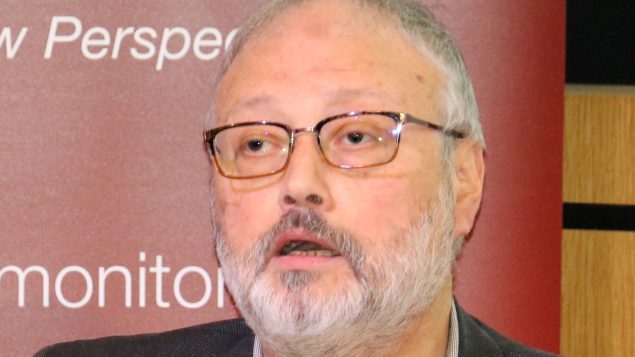Your hosts, Lynn, Levon, Marie-Claude, and Marc (show video at bottom)
Birth tourism in Canada, a much bigger issue than thought

The issue of birth tourism is back once again in Canada. This photo of a Chinese baby holding a Canadian passport was posted by Baoma Inn, of Richmond B.C., one of several so-called birth houses or maternity hotels designed to enable women to have their babies here while ostensibly coming as tourists. New research shows the number of such “passport baby” births is at least five times higher than previously thought. (via CBC)
Birth tourism, passport babies, or the related anchor baby, are used to describe the concept of foreign women coming to a country with “birthright citizenship” in order to have their baby declared as a citizen of that country.
Canada is one of several countries which continues this concept, while the majority of countries around the world do not.
A Canadian passport would give access to a wide variety of social benefits, and much lower university costs for the child.
Thought to be an issue of very small concern, the federal government had felt it would be too costly to change the system to become more selective about given citizenship rights.
This new information shows there are at least five times more “passport babies” being born than previously thought, and that the numbers are increasing every year
Marc spoke to Andrew Griffith who discovered the new figures. He is an author and former senior official at Citizenship and Immigration Canada.
Canada sanctions 17 Saudis linked to Khashoggi murder

Saudi dissident Jamal Khashoggi speaks at an event hosted by Middle East Monitor in London, Britain, September 29, 2018. (Middle East Monitor/Handout via REUTERS)
Canada has reacted to the murder of Saudi journalist and dissident Jamal Khashoggi, by putting sanctions of 17 Saudi officials believed to have had involvement in the man’s murder.
While the CIA and and Turkish investigators believe the Saudi Crown Prince Mohammed bin Salman, M-B-S. ordered the killing, his name is not on the Canadian list.
Canada’s Foreign Minister Chrystia Freeland made the announcement of the sanctions.
In store, or online- How shopping affects your carbon footprint

Consumers can bundle purchases and not choose fast shipping to reduce the emissions generated by their online shopping. (iStock)
This past weekend saw a flurry of shopping in N. America, first was the American “Black Friday” sales, a concept which for better or worse has spread to Canada, and then Monday was called “cyber Monday” for online shopping bargains.
Canadians are indeed big online shoppers , but what leaves a bigger carbon footprint- going to the store, or buying online?
Lynn spoke to Anika Kozlowski, an assistant professor of fashion design, ethics and sustainability at Ryerson University in Toronto about the carbon emissions we leave depending on how we shop.
Video of show
Images of the week







For reasons beyond our control, and for an undetermined period of time, our comment section is now closed. However, our social networks remain open to your contributions.